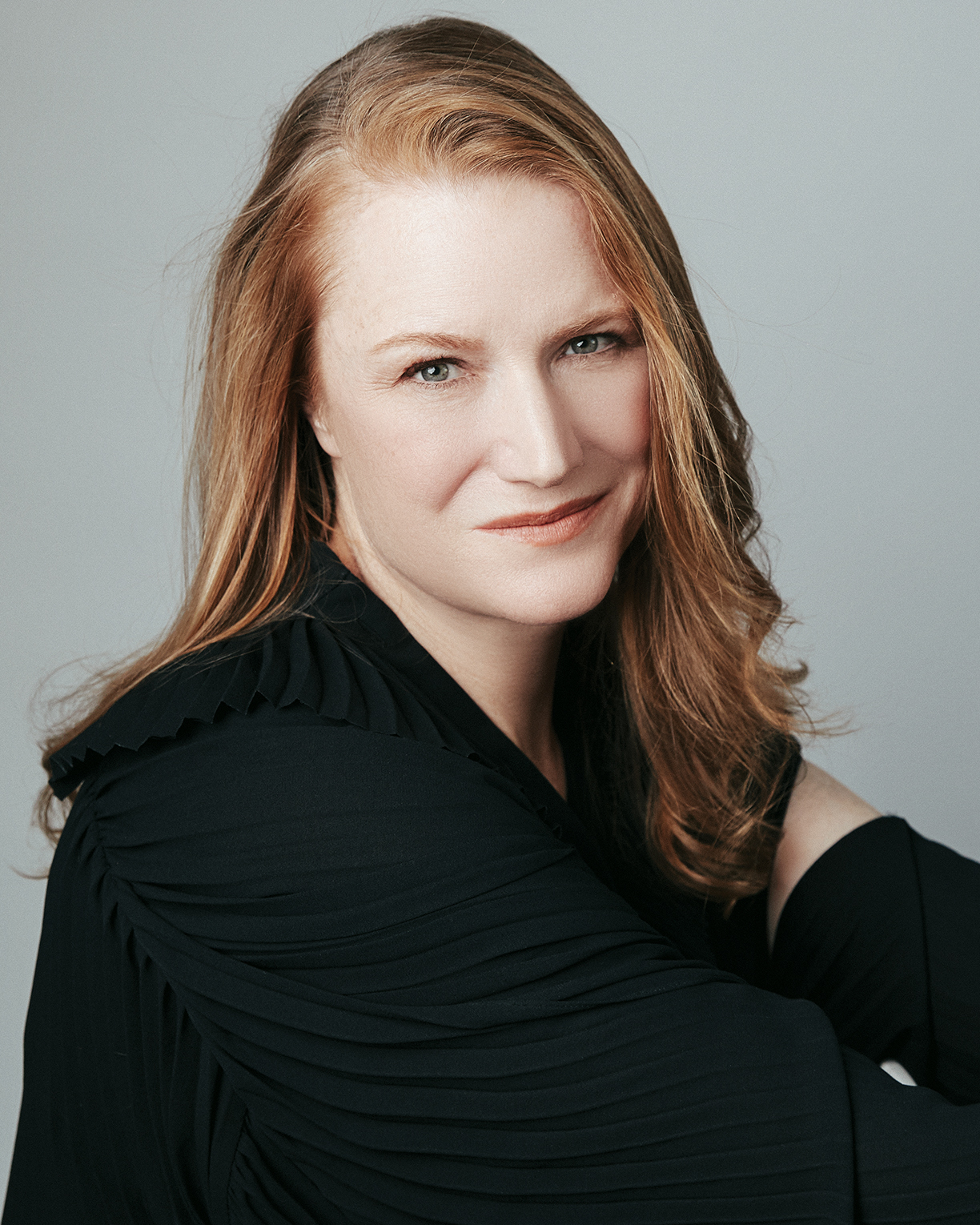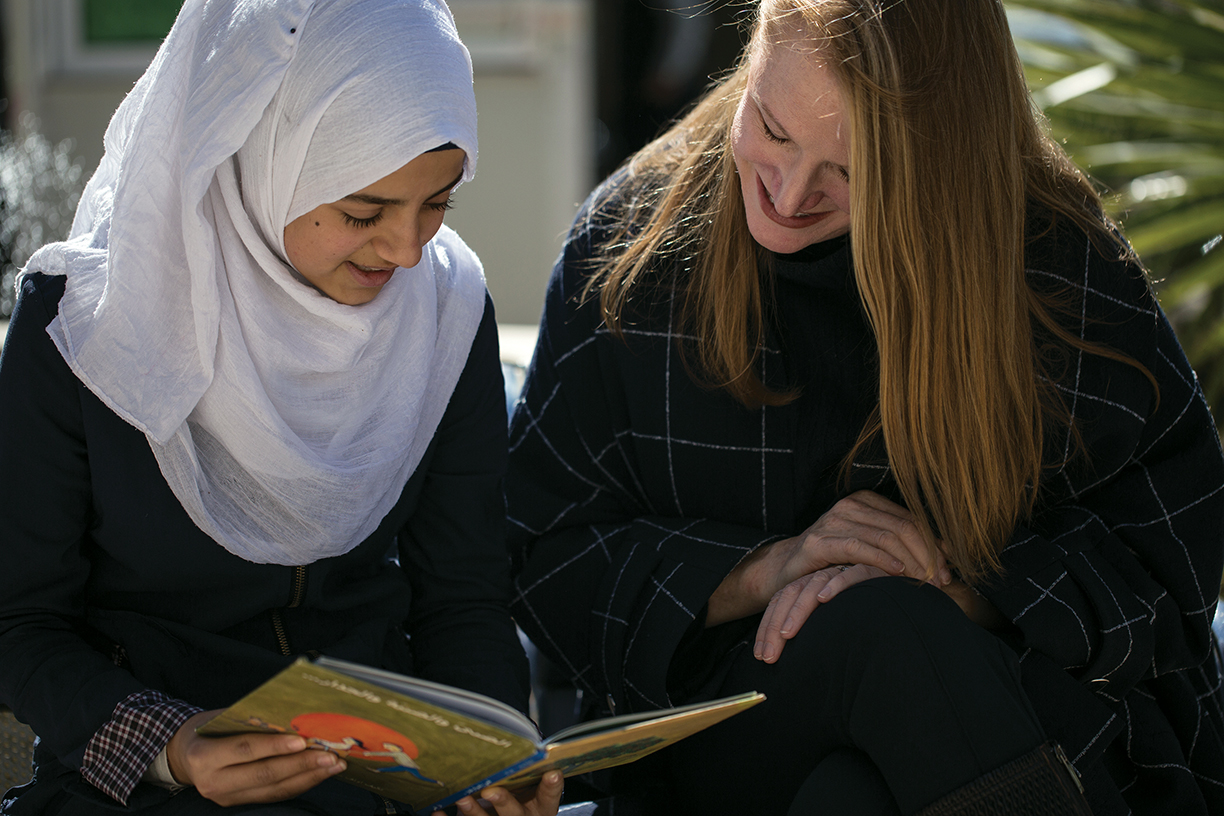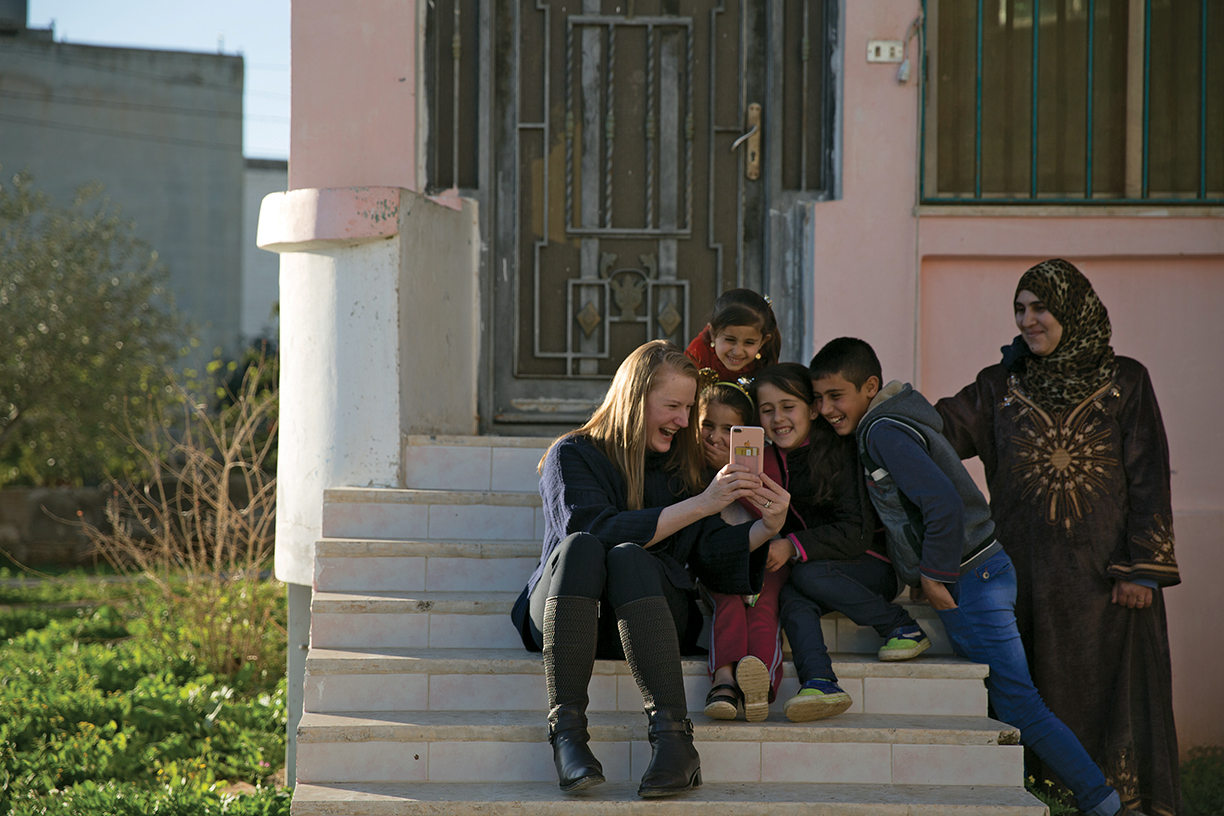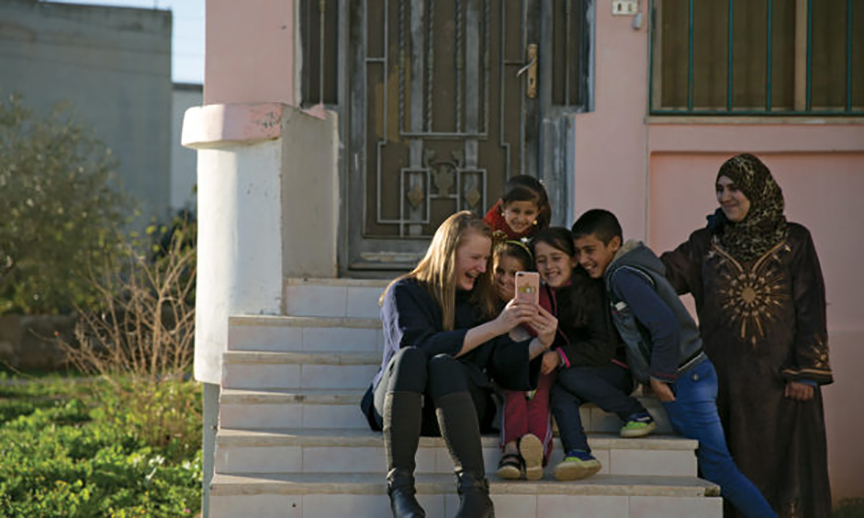Olivela, a luxury merchandise platform, allows consumers to indulge their excesses while making the world a better place.
Typically, shopping at fancy designer boutiques and contributing to the welfare of the world’s most vulnerable or neglected people are at opposite ends of the spectrum of human behavior. But the website Olivela allows customers to shop for luxury fashion and beauty products, knowing that a portion of all proceeds goes to designated charities.
“Our reason for being is the good we’re able to do,” says founder and CEO Stacey Boyd, who previously founded Schoola, a second-hand clothing site that raises money for schools. “The way we were able to scale Schoola, from an initial five schools to more than 35,000 today,” was a model for Olivela, she reports. Her inspiration for the concept, however, was a visit to a refugee camp in Kenya where she met young Malala Yousafzai, who won the Nobel Peace Prize for her advocacy of education for girls and young women in developing nations. “I reached into my handbag for my cellphone to take a photo and realized that the cost of that bag could send a girl to school,” recounts Boyd.
After launching last year with 12 brands, Olivela now offers more than 200 luxury brands — iconic labels like Givenchy, Jimmy Choo, Prada, Valentino, and Burberry — and a portion of every purchase goes to one of the company’s affiliated charities. Olivela’s giving is focused on the Malala Fund, CARE and Too Young to Wed, all committed to ensuring that girls at risk of child marriage stay in school.


Boyd is pleased to see more companies asking themselves how they can contribute to urgent social causes without compromising their commercial success, and cites the example of Toms shoes, which donates a portion of profits to improve lives around the globe. “There’s an opportunity through commerce to do an amazing amount of good in the world,” says the entrepreneur, who genuinely believes in the power of giving. Olivela may, in fact, prove to be a model for a diverse range of ventures, whether Internet-based or brick-and-mortar.
Every piece of merchandise on Olivela is listed with the actual impact its purchase can affect, such as the 28 days of school funded by a $995 Ferragamo wallet. The shopper can learn which organization each purchase is funding, the nation the donations will be sent to and even the specific girl being assisted. “You’ll know, for instance, that you’re helping a 15-year-old Syrian refugee named Joury and will receive notice of her first day of school and see her report card,” explains Boyd. By allowing customers to monitor the progress of the individuals whose lives are changed by their purchases, a culture of accountability and connectivity is created.
“Educating one girl can help transform an entire village,” suggests Boyd, who insists education not only keeps young girls out of unwanted wedlock but helps them and their families overcome poverty. “When a customer is wearing a beautiful necklace she purchased from Olivela, she’ll be reminded of the impact it’s having on the life of a young girl, her family and community,” says Boyd.

Photos courtesy of Matthew Alland – Schoola
This originally appeared in Unique Homes Ultimate Issue 2018


